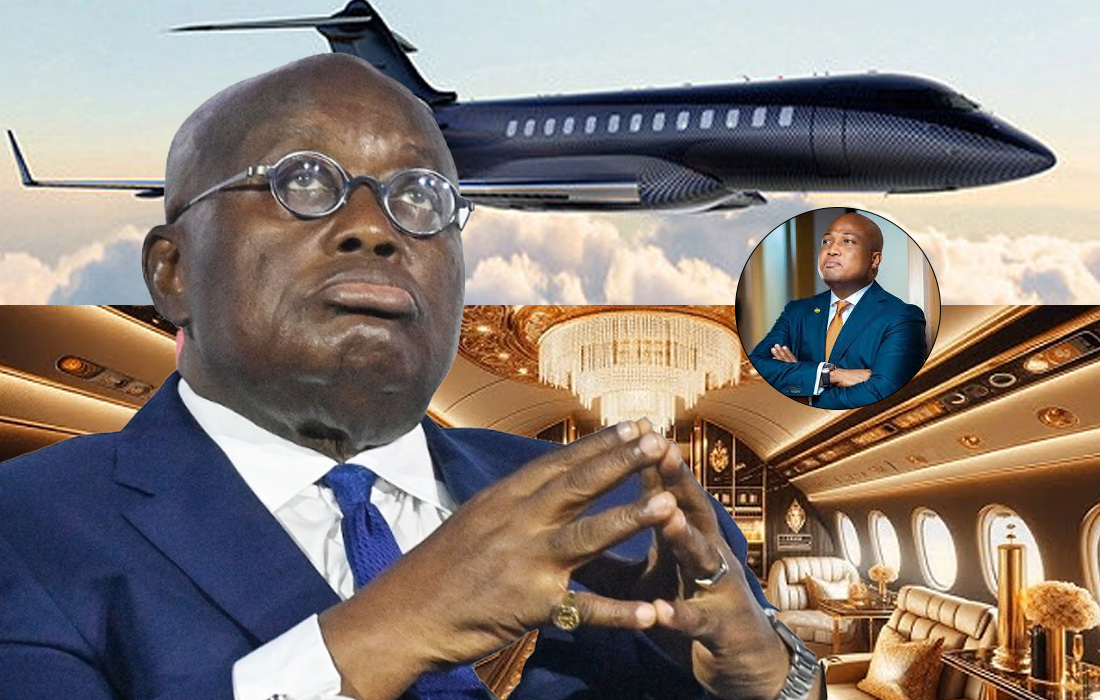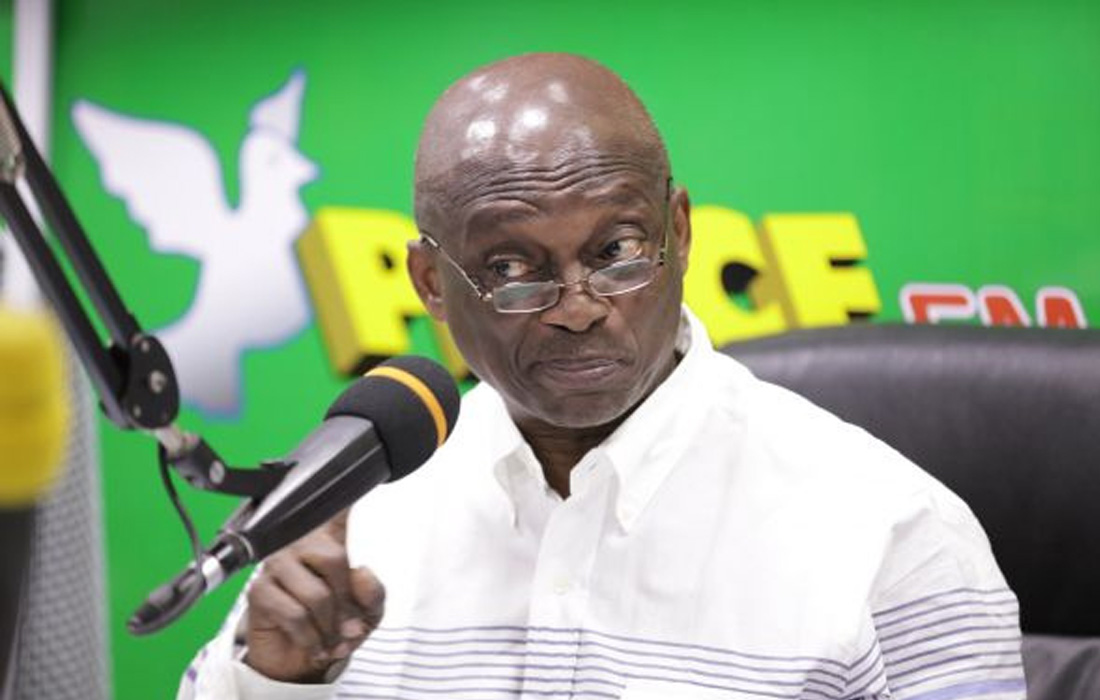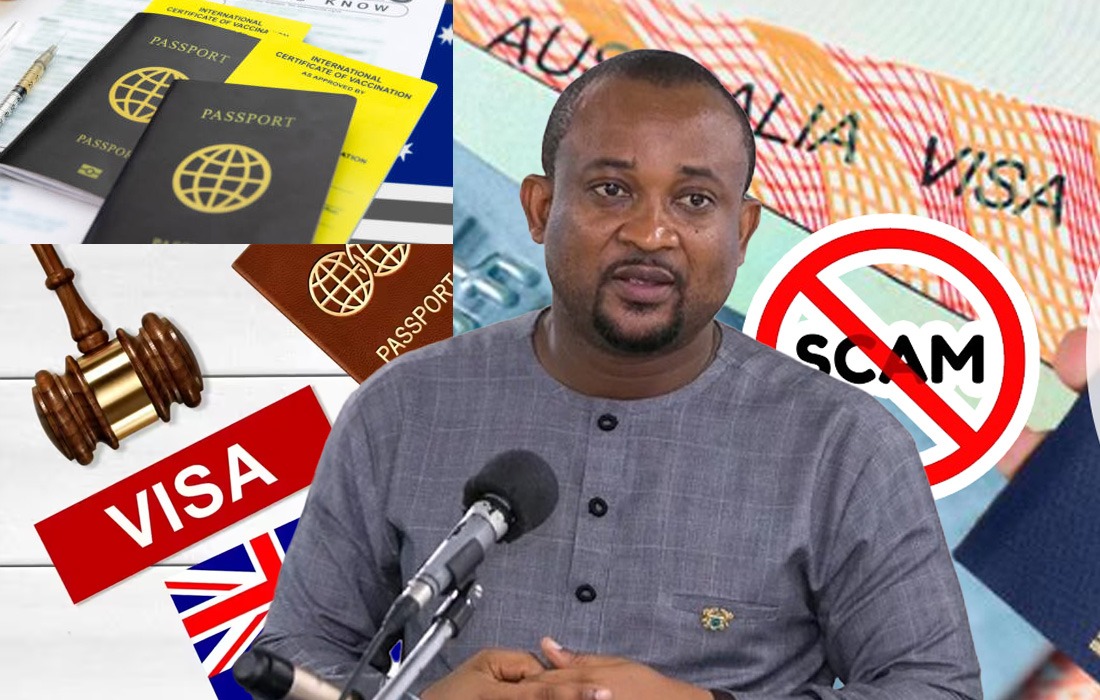In the heart of Accra, life moves to a rhythm of promises and public duty. But beneath this façade lies a world where opulence and secrecy reign. The journeys of Ghana’s political figures, particularly its president, often reflect this duality a lavish lifestyle starkly contrasting with the somber images presented to the public.
Picture this: a sleek private jet, its fuselage glimmering under the sun, sits ready at Kotoka International Airport. Onboard, the atmosphere is a blend of luxury and intimacy, where deals are forged far from the prying eyes of journalists and citizens. This is not just a means of travel; it’s a mobile palace that whispers of privilege.

Media reports have highlighted the president’s travels, often involving high-profile engagements abroad. Yet, behind the scenes, rumors swirl about the lavish spending associated with these trips. For instance, the president was reported to have indulged in extravagant accommodations and exclusive dining experiences while representing Ghana on international stages. Sources close to the situation have suggested that these travels are not merely for state affairs but also for securing lucrative deals that often remain undisclosed to the public.
Read Also: Secrets of Ghana’s Australian Visa Scandal: Whistleblowers and Hidden Files
One notable critic of the president’s travel habits is Member of Parliament Okudjato Ablakwa. He has been vocal about the exorbitant costs associated with these trips, describing them as a misappropriation of public funds. Ablakwa has pointed out that while the nation grapples with economic hardships, the president’s luxurious travel expenses seem to soar to new heights. He likened the trips to a king’s jaunt, dismissing the necessity of such extravagance when many citizens struggle to make ends meet.
Ablakwa’s efforts to shed light on these issues have drawn significant media attention. His revelations about the president’s expenditure allegedly running into millions of dollars sparked outrage and debates across the country. He even highlighted instances where the president was reported to have bathed in lavish onboard facilities during flights, a symbol of excess that stirred public indignation. The contrast between this opulence and the struggles faced by the average Ghanaian citizen paints a vivid picture of the disconnect between the elite and the populace.

While political figures often travel under the guise of diplomacy, the secretive nature of their journeys raises questions. What deals are being brokered behind closed doors? How do these private excursions benefit the common citizen? The answers remain elusive, hidden behind a curtain of privilege.
As the president’s jet soars through the clouds, the disparity between his public persona and private indulgences becomes even more pronounced. Each trip whispers stories of power and influence, reminding citizens that while their leaders advocate for them, they may also be reveling in luxuries far removed from everyday life.
In the end, the narrative of political travel in Ghana serves as a reflection of broader issues questions of accountability, transparency, and the responsibilities of those in power. While they fly high above the fray, the ground-level concerns of the people must not be lost in the clouds of extravagance. The contrast between their lavish lifestyles and the everyday struggles of citizens demands scrutiny, a call for a reckoning that cannot be ignored.


















